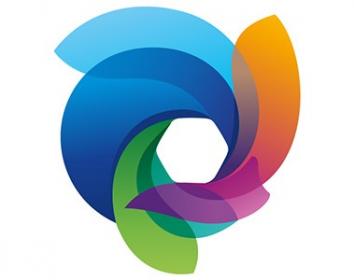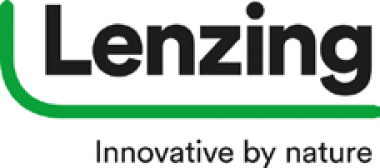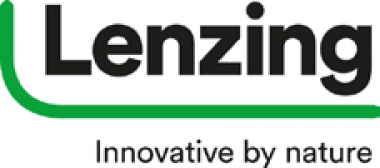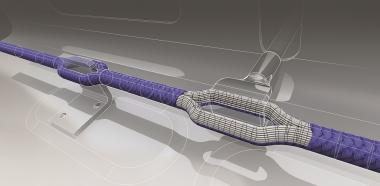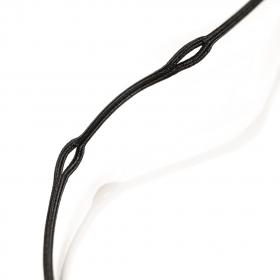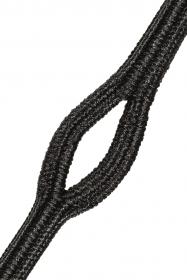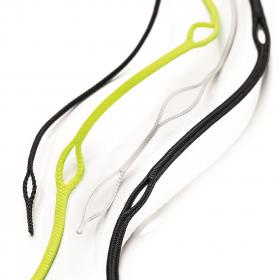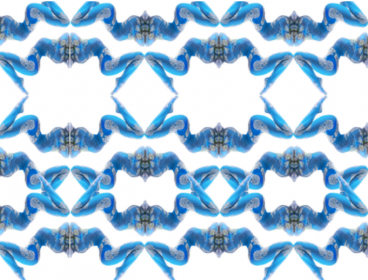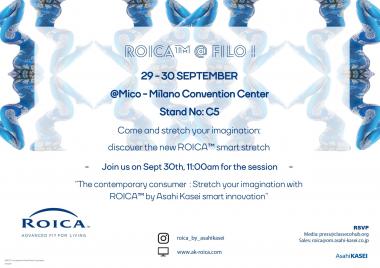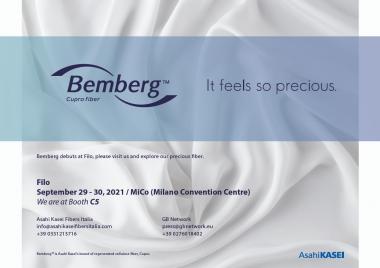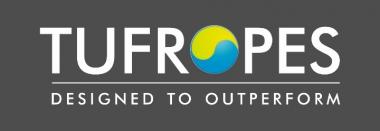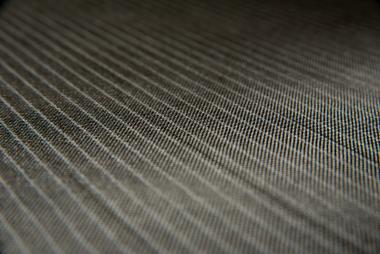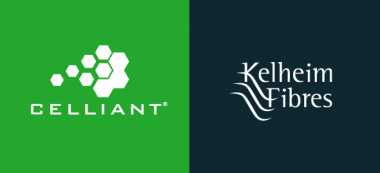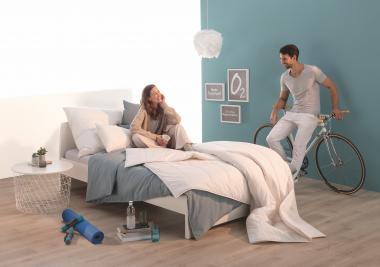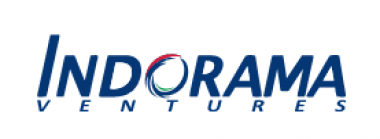Beaulieu Fibres International showcasing its ‘fibres that build futures’ at INDEX
Beaulieu Fibres International is attending INDEX™20 in Geneva and is excited to accelerate its work helping customers to exceed in product performance and sustainability.
For nonwoven converters serving the hygiene segment, a feature at INDEX™20 will be the company’s optimized Meralux specialty fibre, with fit for use performance and sustainability properties. It offers opacity improvements (reduction of TiO2 for the same opacity levels), higher coverage, higher bulkiness, and improved liquid management.
In addition, Meralux fibres deliver substantial sustainability benefits including about 55% savings in raw materials, with equivalent carbon emission savings, thanks to weight reduction in nonwovens for the same coverage, and higher recyclability of PP/PE.
The latest additions to the hygiene fibres portfolio are Meraspring BICO PET fibres. Meraspring enables nonwovens to combine a softness and loftiness that provides a cushioned, even “well-being”, experience for end-users of applications such as diapers and fem-pads. The fibres are available in a range from 1.7-8.9 dtex with hydrophilic, hydrophobic and wellbeing finishes depending on the properties required in the final product.
In the industrial fibres segment, UltraBond thermal bonding fibre will finally be presented with its INDEX™20 Nonwovens Award in the category "sustainable raw material".
In addition, Beaulieu Fibres International’s new range of MONO low count and BICO fibres are setting new performance standards for the fast-growing air and liquid filtration markets.
At INDEX™20, Beaulieu Fibres International also presenets its Pilot Line to test the waters of co-development opportunities without risk. The Pilot Line offers the utmost flexibility to produce samples, without the typical constraints imposed by industrial production lines, replicating any type of staple fibre spinning technology using different types of polymers and additives and different types of cross sections.
Beaulieu International Group / EMG







